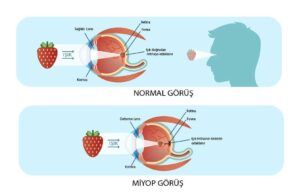
ask a doctor
In which cases a physician is not allowed to practice medicine? There are several circumstances in which a physician may not be allowed to practice medicine. Here are some common examples;
Medical License Revocation: If a physician’s medical license is revoked or suspended, they are not legally allowed to practice medicine. This may happen if the physician violates ethical or legal standards, engages in malpractice, or fails to meet the standards of care.
Criminal Conviction: If a physician is convicted of a felony or other serious crime, their medical license may be revoked or suspended, and they may be barred from practicing medicine.
Substance Abuse: If a physician has a substance abuse problem that affects their ability to practice medicine safely and effectively, they may be required to undergo treatment and/or be prohibited from practicing medicine until they have demonstrated their ability to do so safely.
Mental or Physical Impairment: If a physician has a mental or physical impairment that affects their ability to practice medicine safely and effectively, they may be prohibited from practicing until they have demonstrated their ability to do so safely.
Professional Misconduct: If a physician engages in professional misconduct, such as sexual misconduct, fraudulent billing, or breach of patient confidentiality, they may face disciplinary action, including license revocation or suspension.
Overall, the medical profession is held to high ethical and legal standards, and physicians who fail to meet these standards may be subject to disciplinary action that prevents them from practicing medicine.







